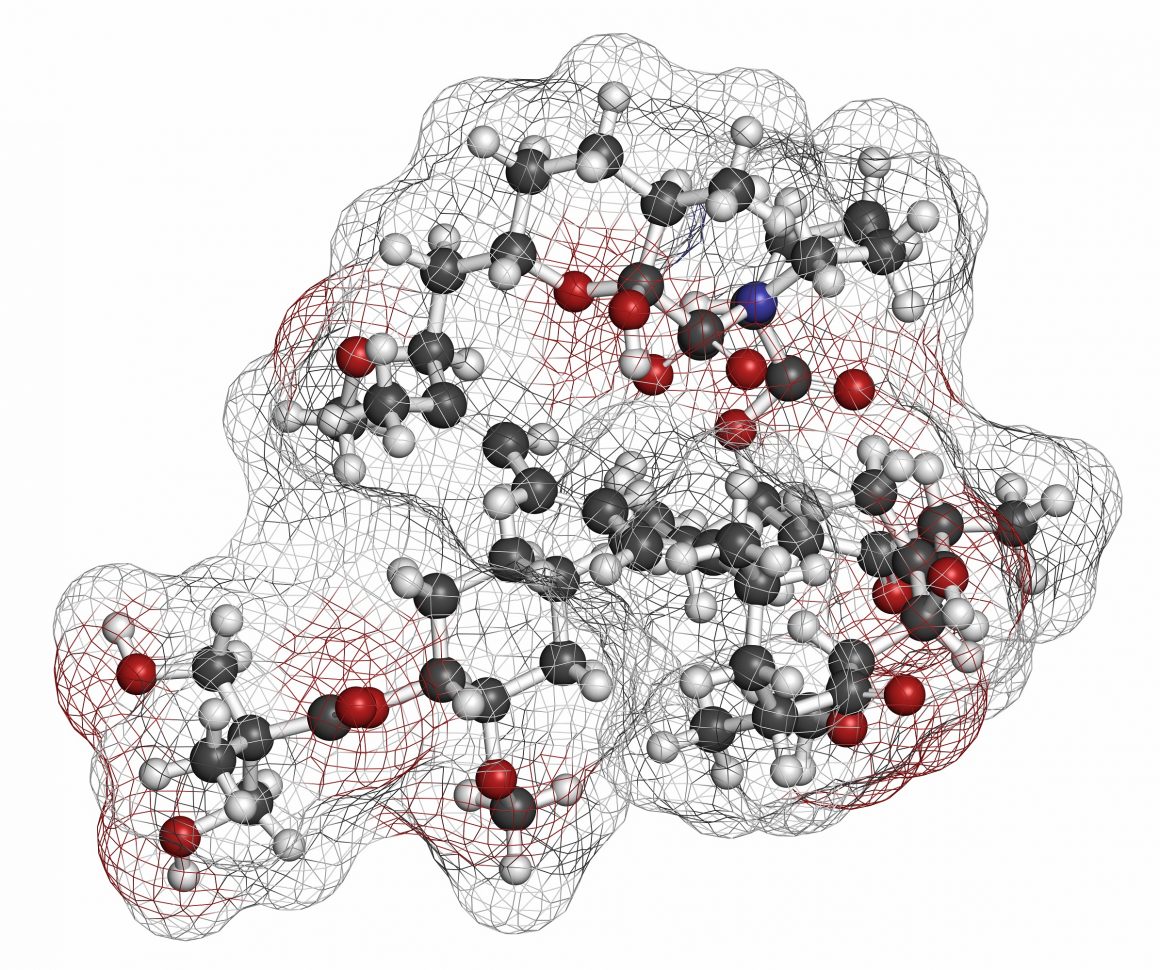The market for anti-aging treatments is not only growing, but has been fully embraced the pharmaceutical sector. One of the more recent additions to the anti-aging market, rapamycin, is making waves for its ability to increase longevity and decrease risk of neurodegenerative conditions and cancer.
Once an industry driven by over the counter supplement suppliers and quack doctors peddling miracle treatments, anti-aging science is now a highly regarded area of research uncovering new ways of keeping us feeling and looking younger for longer. And rapamycin, as it turns out, may just prove to be an important piece in solving the aging puzzle.
What is Rapamycin?
Discovered in soil samples from Easter Island, rapamycin is a compound that traditionally has served as an immune suppressant, used following organ transplants to reduce the risk of the body rejecting the transplant. Research later unveiled that is also an inhibitor of mTOR (mechanistic target of rapamycin), a type of protein enzyme responsible for the regulation of cell growth and protein synthesis.
We now know that a buildup of defective proteins in cells plays an important part in the development of neurodegenerative conditions such as Alzheimer’s and Parkinson’s disease. Rapamycin’s ability to impact the processing of proteins, therefore holds a great deal of promise.

How Does Rapamycin Work?
An immune suppressant, rapamycin is of interest to researchers as it can slow down cell growth. For this reason, researchers are beginning to look at the effect that rapamycin derivatives known as rapalogs can have on cancer development as well as neurodegenerative conditions.
Some of rapamycin’s promise is tied to its ability to kickstart the biological process known as autophagy, the body’s internal self-preservation mechanism to remove dysfunctional cells and recycle them for cellular repair and cleaning.
But the primary discovery that has sparked much of this research is the discovery of mTOR pathways and the fact that rapamycin may essentially trigger the same processes as fasting which help break down aging or senescent cells believed to be a driver of cancer and that speed up the aging process.
In an interview with Men’s Health Magazine, the man who discovered the mTOR pathways, Dr. David Sabatini, a professor of biology at the Whitehead Institute and MIT, attempted to explain the pathway in simpler terms.
“Pretend your body is an old house. Your oldest cells have all sorts of problems and are implicated in your house falling apart. You couldn’t fully renovate the old house by bringing in only a plumber, or only an electrician, or a roofer, or a drywall guy. You’d need to hire a general contractor, who would hire all those specialists who would then come fix all those problems that needed to be fixed.” The mTOR pathway is the general contractor in this scenario, initiating different processes that allow your body to deconstruct old cells and install healthy ones in their place.
Does Rapamycin Work as an Antiaging Treatment?
Anecdotal assessments of rapamycin range wildly, with some reports providing a glowing assessment, while others do not. But more scientific evidence is still in development as clinical trials continue. In animal models, the drug shows a great deal of potential in prolonging life and reversing the effects of aging.
A study published in Cellular and Molecular Life Sciences outlined a number of these benefits, ranging from “immune system changes, age-related alterations in body mass and organ size, tumor development, lesions and neurodegeneration.”
While all of this is encouraging and does show promise, its immune suppressant function can also lead to bacterial infections and other health risks. Use of rapamycin, therefore, is not to be taken lightly. Discuss the potential benefits and side effects with your doctor before considering it as a method of fighting the aging process.
